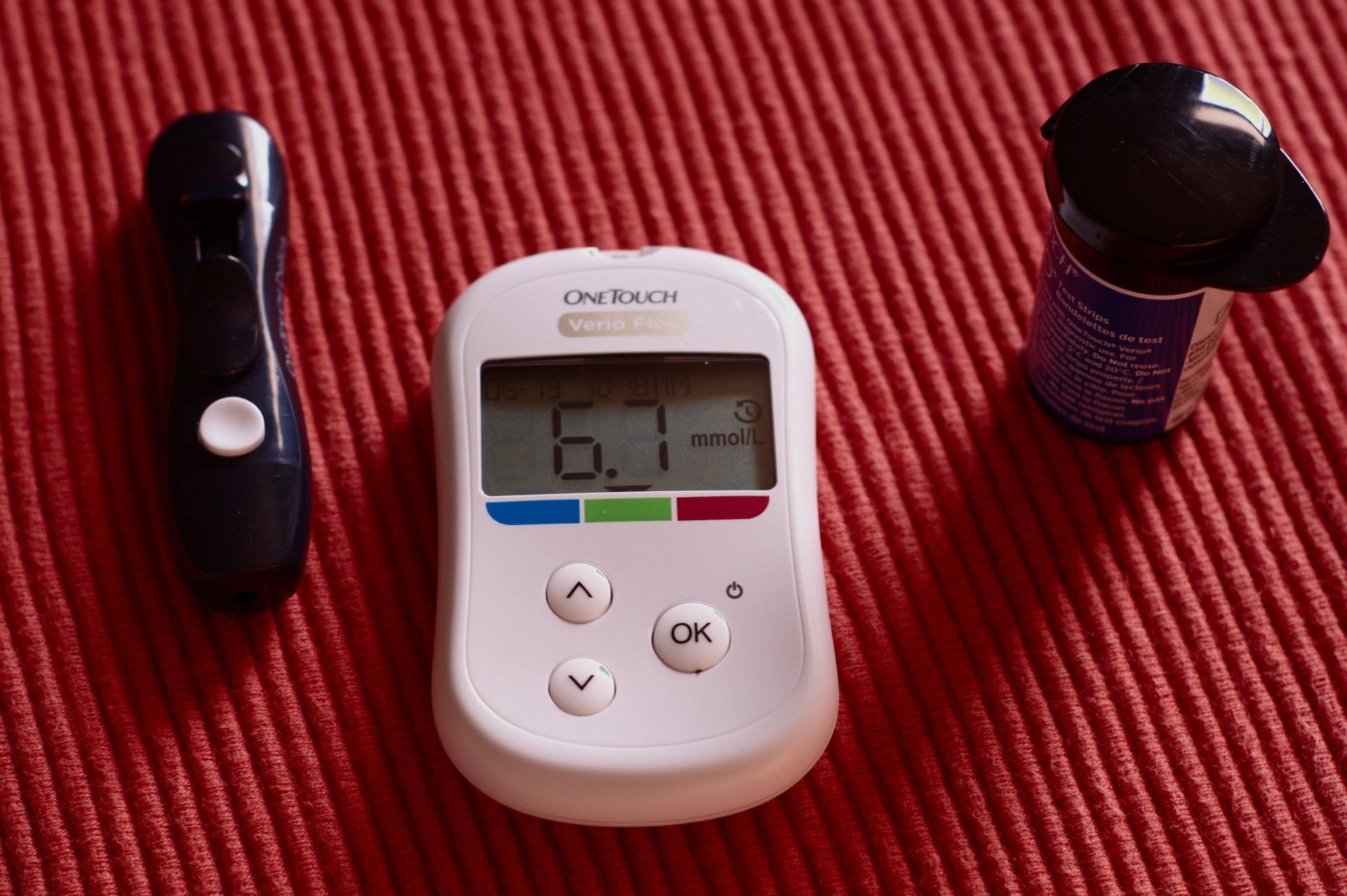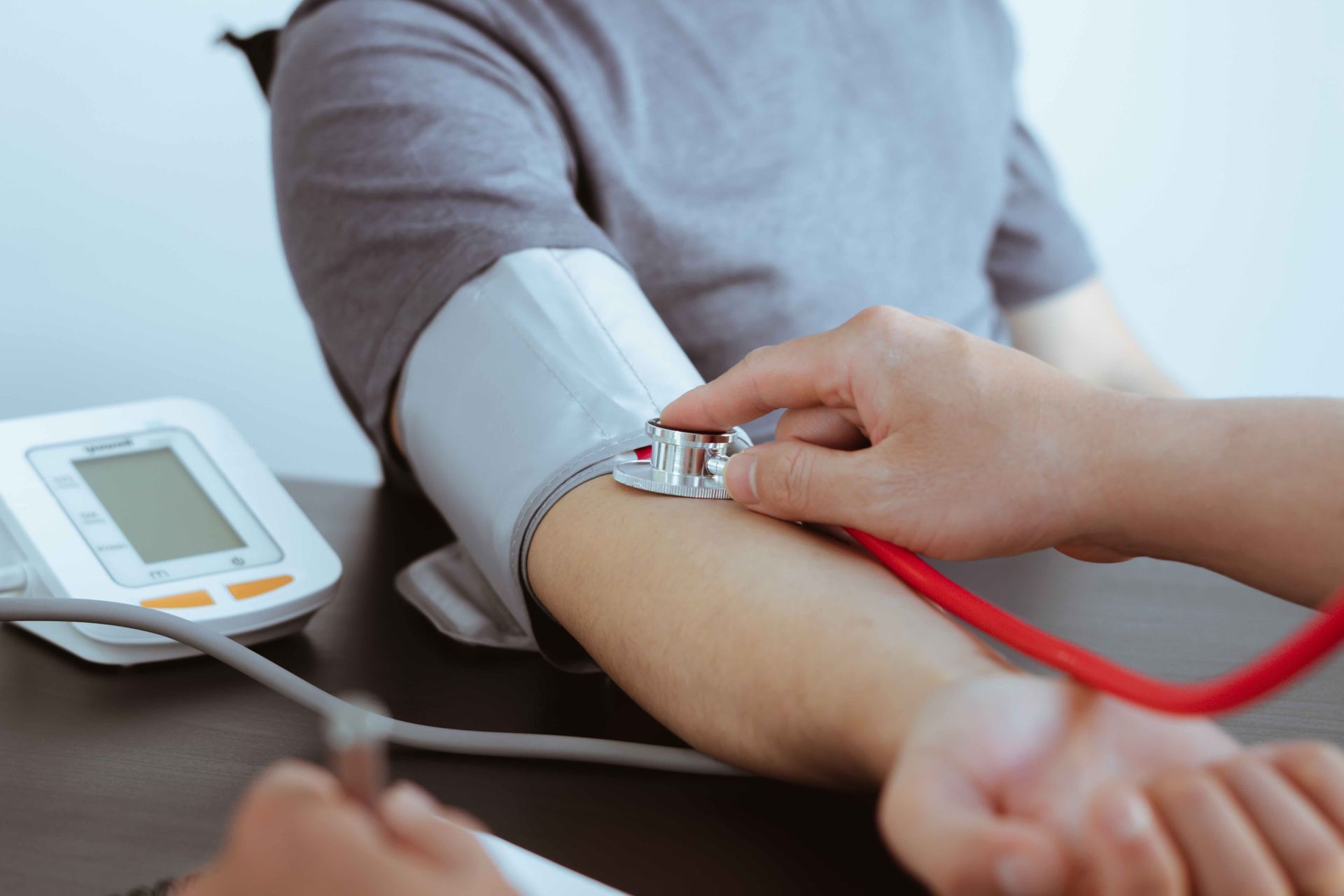November is Diabetes Month!
Diabetes - Could You be at Risk?
You’ve heard the term diabetes. You wonder, is this something that I should worry about? What is it and how do I prevent it?
Diabetes is a condition that affects your blood sugar levels and your body’s ability to regulate those levels. The two types that you may have heard about include Type I and Type II. Although both share some similarities, they also are quite different.
- Type I diabetes accounts for about 5% of diabetics and occurs when your body
does not produce any insulin. This can occur at any age, not just childhood. It is thought by researchers that genes and environmental factors, such as viruses, might trigger the disease.
- Type II Diabetes is the most common form of diabetes and occurs when your body
does not use insulin properly (insulin resistance). Having co-morbid conditions such as high blood pressure, high cholesterol, and obesity make you more susceptible to Type II diabetes.
Signs and Symptoms of Diabetes
- Frequent urination
- Feeling very thirsty
- Feeling very hungry
- Weight loss even though you are eating more (Type I)
- Tingling, pain, or numbness in hands or feet (Type II)
- Sores that do not heal
- Blurry vision
- Extreme Fatigue
Prevention
Over time diabetes can affect your kidneys, eyes, nerves and heart. Eating a healthy diet as well as exercising on a regular basis will help prevent Type II diabetes. Additionally, continue to take all prescription medications as prescribed and work with your doctor to control any chronic conditions.
For More Information:
Your Family’s Health Is Our Priority
Your wellness matters to us. Take the next step in your care today.
1020 4th Ave
Lake Odessa, MI 48849
oFFICE HOURS
- Mon - Tue
- -
- Wed - Thu
- -
- Fri - Sun
- Closed
AFTER HOURS EMERGENCY CONTACT
1020 4th Ave
Lake Odessa, MI 48849
oFFICE HOURS
- Mon - Tue
- -
- Wed - Thu
- -
- Fri - Sun
- Closed
AFTER HOURS EMERGENCY CONTACT
All Rights Reserved
FAMILY MEDICAL CENTER
website designed by SPECK DESIGNS
All Rights Reserved | FAMILY MEDICAL CENTER
website designed by SPECK DESIGNS






